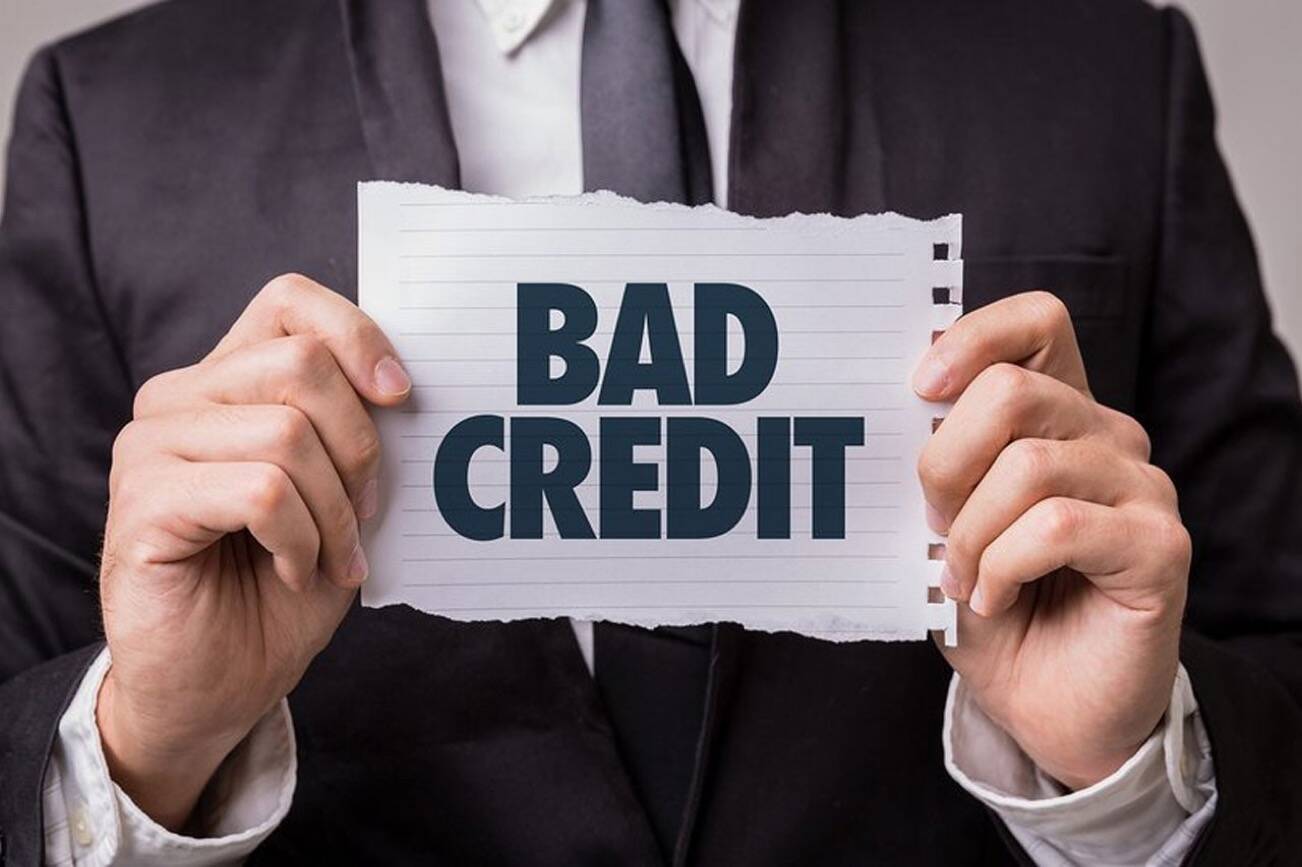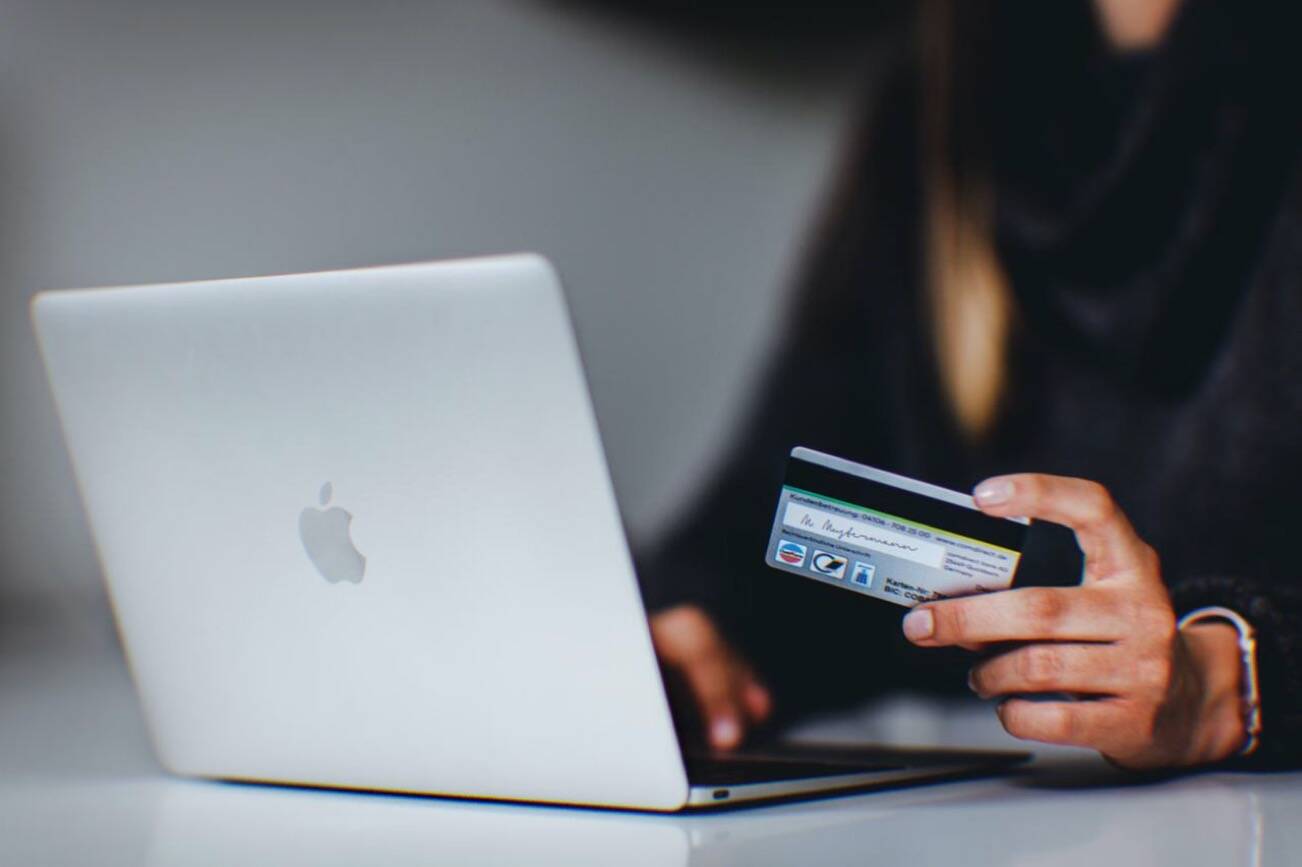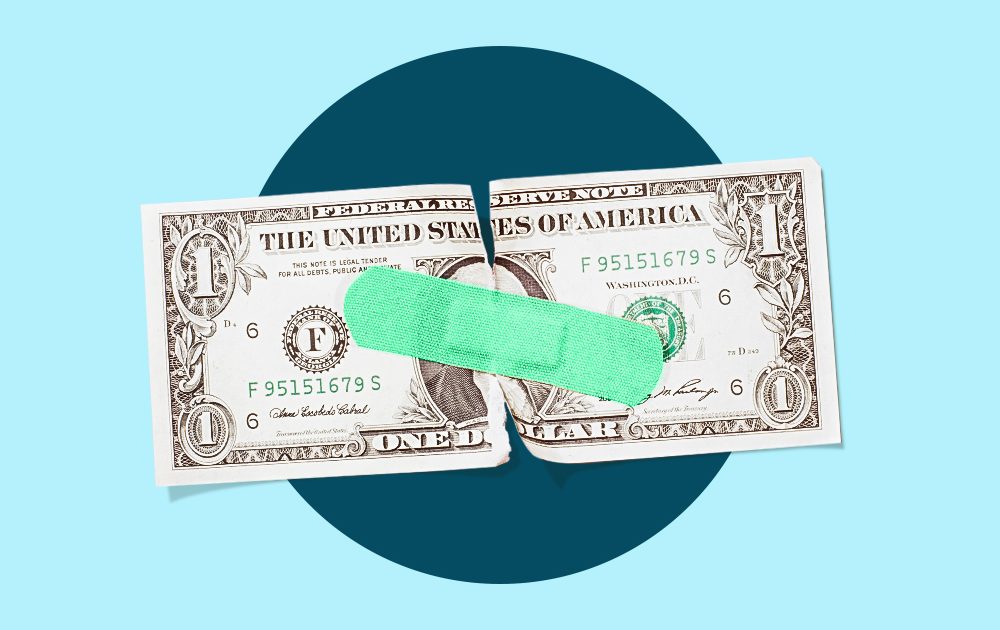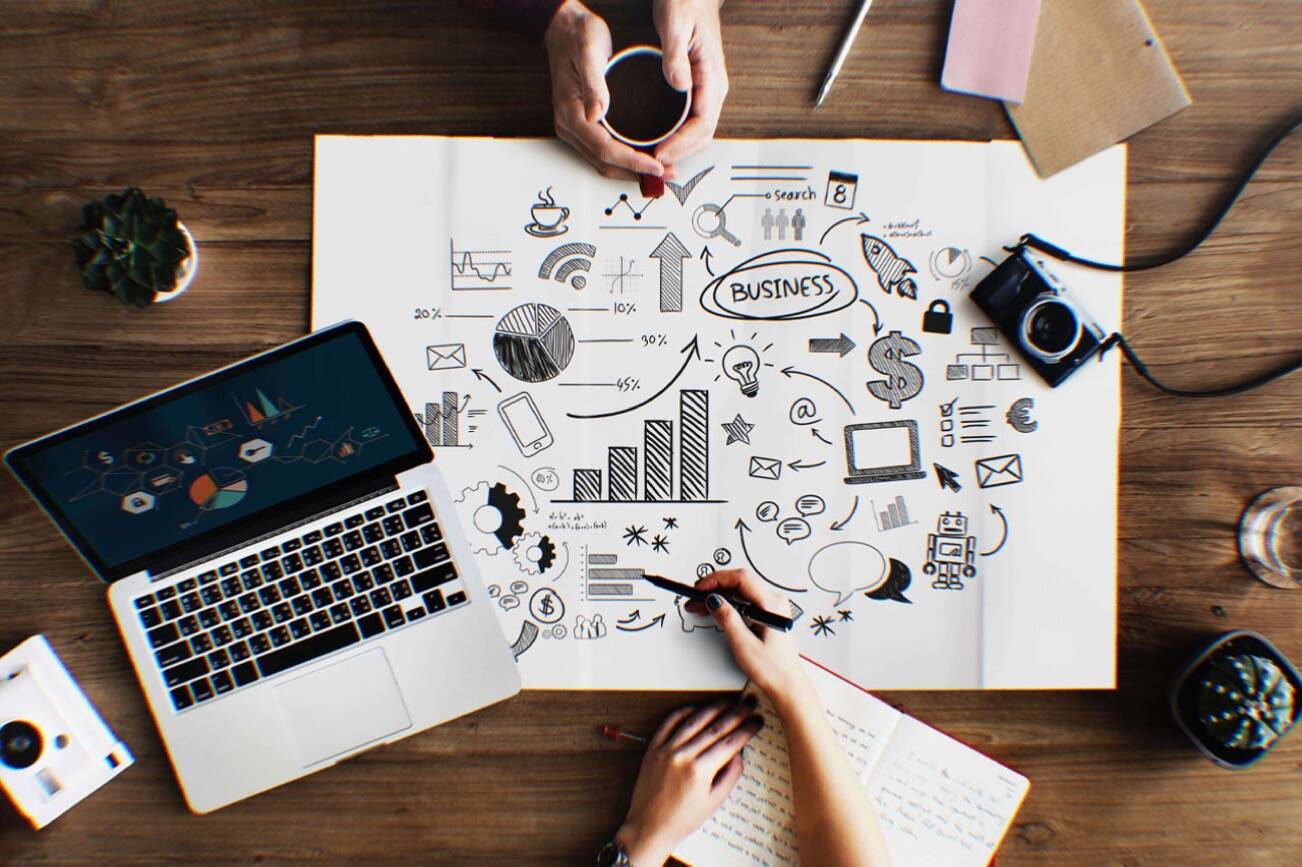Can you get a jobless loan? Here’s what you need to know

Getting a loan can help you in many ways when you are in a tough financial situation, however, for some getting a loan is not as easy as it is for others. Many people who need a loan cannot get a good deal because of their credit score or even because they are unemployed.
So what can you do if you are unemployed? Well, the bad news is that you may not be able to get a loan if you are unemployed. The majority of lenders will want you to have a permanent and regular stream of income, as this ensures that you have the funds to pay back.
However, this is not the case for everyone. Instead, you might find yourself able to get a loan from one or two lenders even if you’re unemployed, but the loan won’t be as good as if you were employed.
So how does it all work? Are you stuck vying for no credit check loans or do you have other options?
Can you get a loan while you are unemployed?
You can still qualify for a loan, even if you are unemployed. However, if this is your case, you will need either strong credit or another source of income to support you in this endeavor.
Unemployment can arise unexpectedly or by choice, as would be the case with retirement, lenders will still sometimes consider lending to you, as long as you are able to persuade them that you will be able to make regular payments on time.
This is the main concern of the lender.
A lender will generally want to see three things on an application. These include a good and solid credit history, a good credit rating and regular income.
A strong credit history means you have a good history of paying loans or credit on time with little to no late payments, especially recently.
Your credit rating should be as high as possible, the higher the better. Some lenders will have a minimum score that they accept. The higher your credit score, the lower your APR, the lower your credit score, the higher your APR.
Lenders should also know that you can make repayments every month. Technically, this doesn’t have to come from a paycheck, however, you should at least have a reliable source of income that will be enough to cover expenses on a monthly basis and to cover loan repayments.
What should you think about?
There are many types of loans you can get, but probably the most popular are personal loans. With these loans, you should consider the same things you should consider with any other type of loan.
There will be short and long term financial factors and consequences of taking out a loan that you should be wary of.
Here are some things you should think about.
Can you make payments on time?
First, if you’re unemployed, or even employed, being able to make payments on time is a big deal.
You should always ask yourself if you can make the minimum payment on time every time. Late payments will not only affect your credit score, but they can also lead to late fees. If you can’t repay the loan, your lender may even go further.
This means debt collection agencies and a negative credit report, if your loan is secured they can take your property, or you can even be sued.
Understanding these factors is very important to ensure you get what you need from a loan and that a loan won’t be a bad idea for you.
What are the loan terms and risks?
It is wise to make sure you understand the terms of the loan. Read the fine print and write down the important things. This includes payments, fees, penalties, interest, etc.
However, also be aware of the risks, consider the best-case scenario, then consider the worst-case scenario, and don’t go for it unless you’re happy with both.
Consider if this loan is really the best thing for you, what might happen if you are unable to make the payments, and the interest rate, what this will mean for your actual total payment.
Don’t forget to consider the consequences if you don’t repay the loan, could you end up losing your house or your car?
What are lenders thinking?
Remember that each lender will have different credit policies that they will use to determine if the borrower is most likely to repay the loan. It is a risk assessment.
So even if you don’t have a job, some lenders accept alimony, disability benefits, unemployment benefits, social security payments, pensions, child support, interest or dividends, etc.
What types of personal loan can you get?
If you are employed, you could get a secured or unsecured loan. Secured loans are tied to an asset of yours and you risk losing that asset if you do not repay the loan in full. Unsecured loans do not have this risk but usually have a higher interest rate.
You could also get a payday loan (although risky) as well as cash advance or debt consolidation loans!






